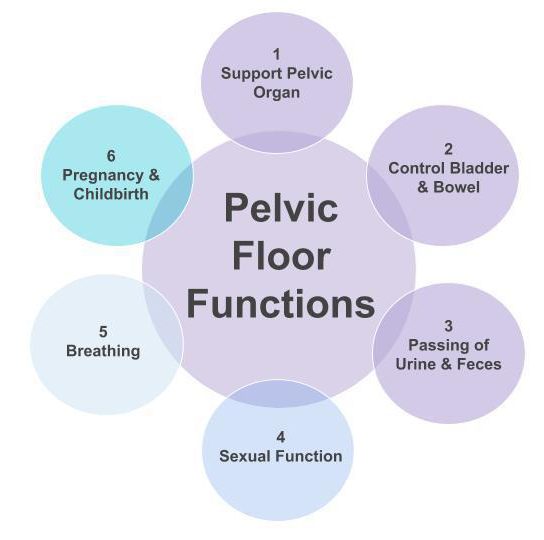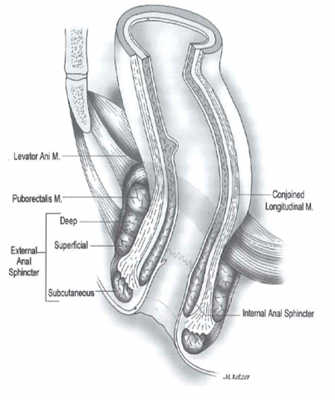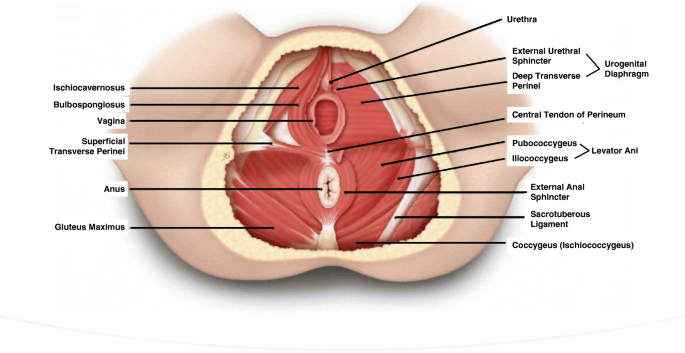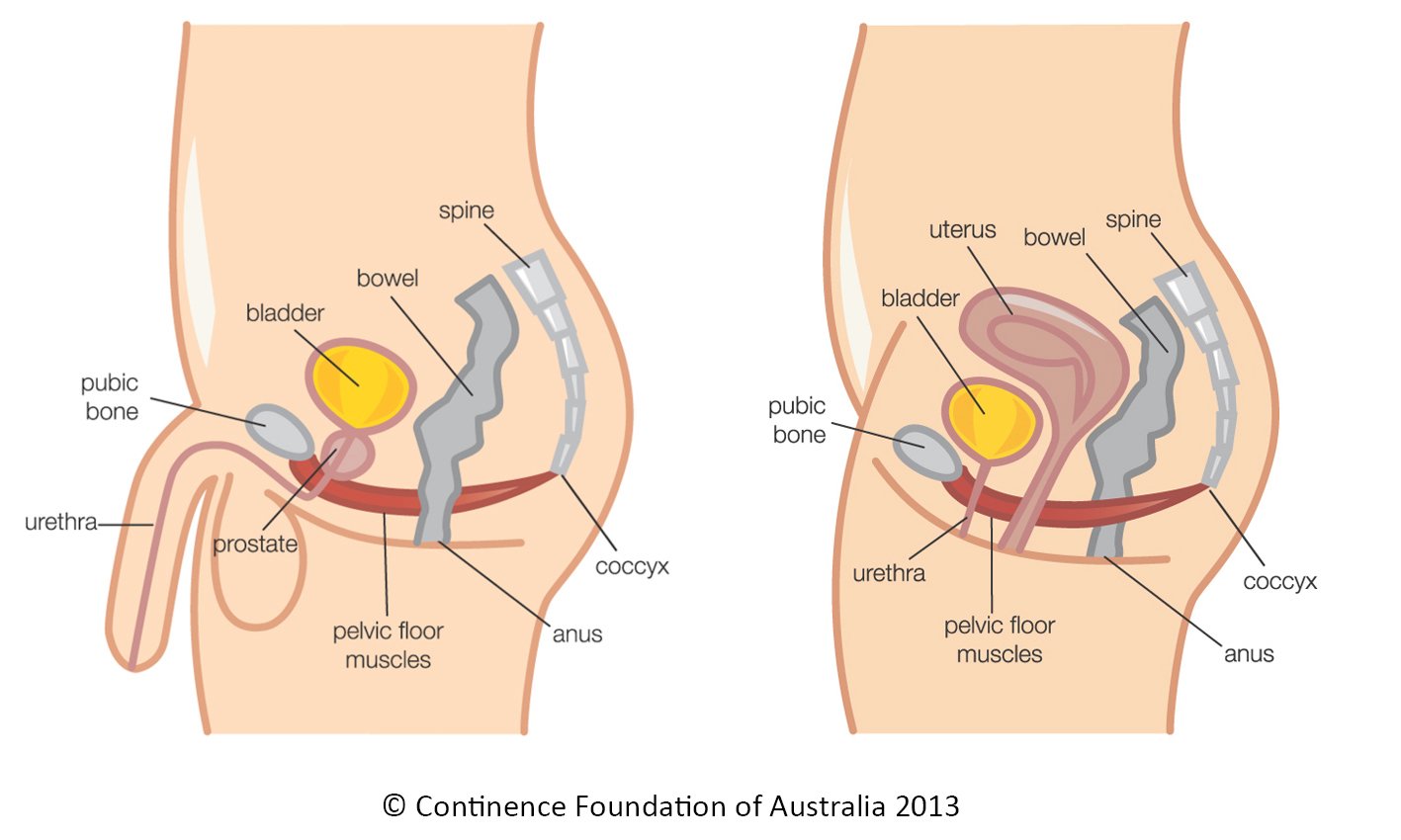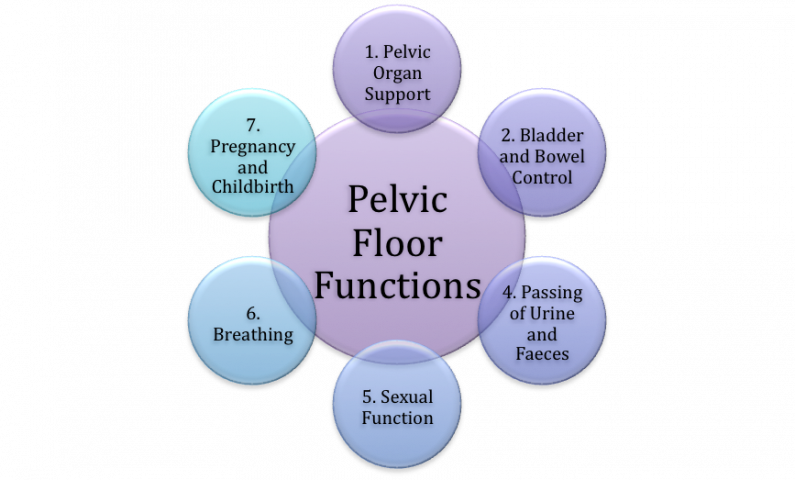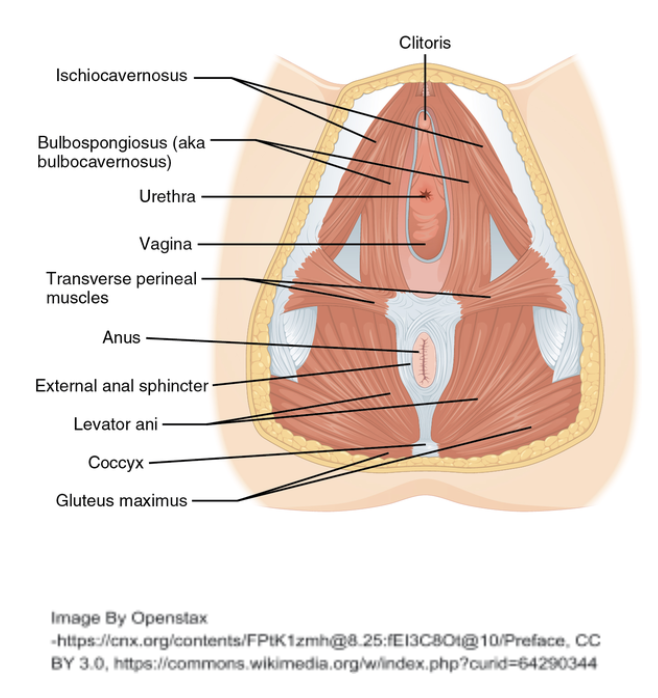Pelvic Floor Dysfunction Slow Bowel Movements

Other health issues may cause bladder and or bowel dysfunction including medicinal side effects stress neurologic diseases diabetes hemorrhoids and pelvic floor disorders.
Pelvic floor dysfunction slow bowel movements. Puborectalis muscle at rest and during defecation as many as 50 percent of people with chronic constipation have pelvic floor dysfunction pfd impaired relaxation and coordination of pelvic floor and abdominal muscles during evacuation. Straining hard or thin stools and a feeling of incomplete elimination are common signs and symptoms. Pelvic floor disorders encompass a wide range of conditions caused by dysfunction of the muscles in the pelvic area that lead to abnormalities in bowel storage or emptying. The pelvic floor is a sheet of muscle through which the rectum passes and becomes the anal canal.
Pelvic floor dysfunction forces you to contract your muscles rather than relax them. Bladder and bowel problems often originate with nerve or muscle dysfunction as these systems control the flow of urine and the release of stool. It s been discussed in local news outlets and men s health and basically it is when you hold your breath and strain so hard that you pass out on the toilet. Pelvic floor dysfunction is the inability to correctly relax and coordinate your pelvic floor muscles to have a bowel movement.
Another concern here is something called defecation syncope. Pelvic floor dysfunction pelvic floor dysfunction is a group of disorders that change the way people have bowel movements and sometimes cause pelvic pain. If left untreated pelvic floor dysfunction. These disorders can be embarrassing to discuss may be hard to diagnosis and often have a negative effect on quality of life.
Symptoms of pelvic floor dysfunction include constipation and the sensation of incomplete emptying of the rectum when having a bowel movement. Holding your breath translates to more than just constipation and hypertonic pelvic floor muscles. Incomplete emptying may result in the individual feeling the need to attempt a bowel movement several times within a short period of time. What is the pelvic floor.
Initial treatments include biofeedback pelvic floor physical therapy and medications.
